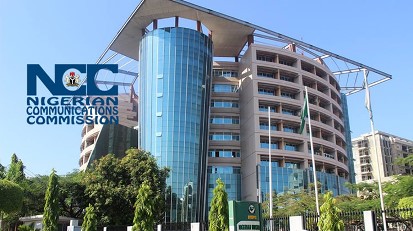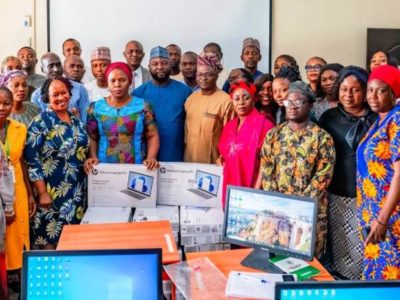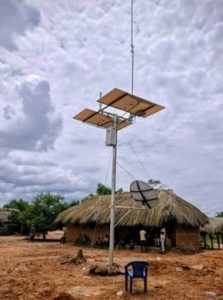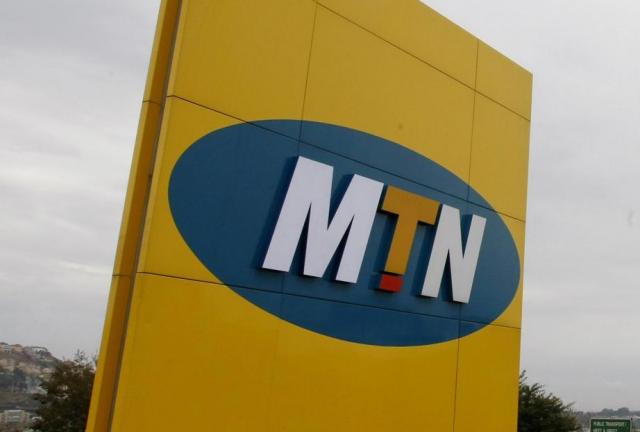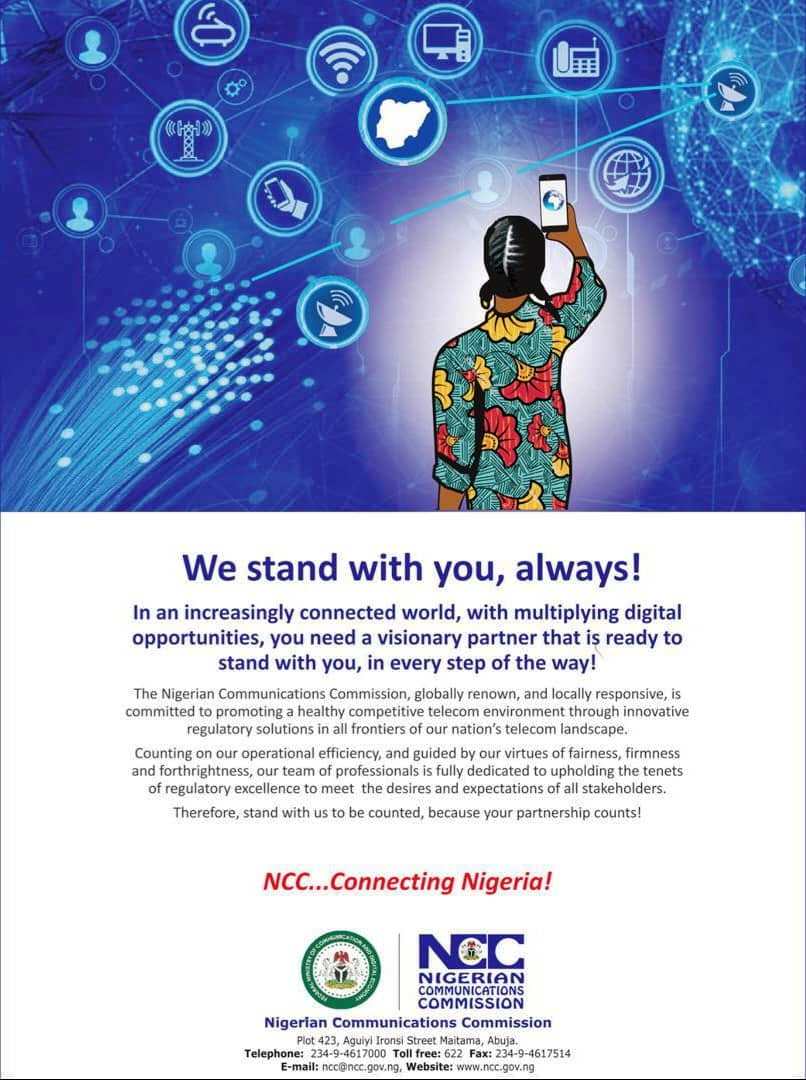The Nigerian Communications Commission (NCC), in partnership with the Association for Progressive Communications (APC) and other key institutional stakeholders, has intensified efforts to bridge Nigeria’s rural connectivity gap through the promotion of community networks.
RELATED: NCC mandates telcos to publicly report network outages and compensate consumers
This strategic collaboration culminated in a two-day national policy workshop held in Abuja from June 3–4, 2025, aimed at developing a supportive regulatory framework to expand affordable internet access and promote digital inclusion across underserved and unserved communities in Nigeria.
Towards Inclusive Connectivity and Socio-Economic Empowerment
The event convened stakeholders across sectors—including regulators, community leaders, telecom experts, foreign investors, and renewable energy agencies—to examine policy and regulatory barriers, explore innovative funding models, promote sustainable energy solutions, and deepen multi-sector collaboration.
Delivering his keynote address, Executive Vice Chairman (EVC) of the NCC, Dr. Aminu Maida, represented by Executive Commissioner, Technical Services, Abraham Oshadami, emphasized the Commission’s unwavering commitment to universal digital access.
“This workshop offers a platform to harness the insights of all key players to resolve challenges such as access to affordable devices, licensing hurdles, spectrum allocation, infrastructure deployment, and sustainability,” Maida said.
He affirmed that the NCC views community networks as a transformative solution to Nigeria’s digital divide and reiterated the Commission’s support for community-driven connectivity models that empower local economies and foster inclusive development.
Community-Led Solutions for Digital Inclusion
Also speaking at the event, Kathleen Diga, Co-Manager of APC’s Local Networks (LocNet) initiative, underscored the importance of bottom-up approaches to digital development. She called for increased recognition of local connectivity models—including small social enterprises and cooperatives—as strategic responses to digital exclusion in the Global South.
“This is a space to exchange bold ideas, explore inclusive alternatives, and support grassroots innovations that can fill critical connectivity gaps,” Diga noted.
Cross-Sector Contributions to Rural Connectivity
The workshop featured contributions from the Rural Electrification Agency (REA), Central Bank of Nigeria (CBN), and other institutional stakeholders, focusing on the integration of digital and energy access strategies for sustainable rural broadband infrastructure.
Organized under the banner of APC’s LocNet initiative, the event aims to co-develop a people-centered, inclusive, and supportive policy environment for community networks in Nigeria. APC, a globally recognized advocate for digital rights and inclusion, has spent over three decades championing connectivity solutions for marginalized communities, particularly across the Global South.

